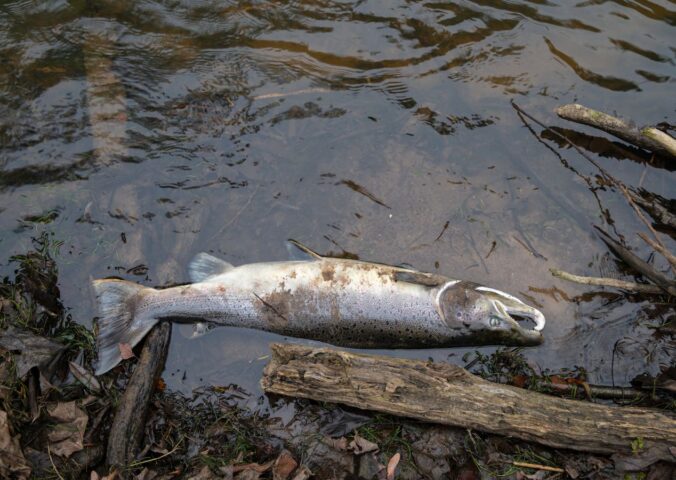A new report finds that capturing half of the global protein market would enable alternative meat and dairy products to mitigate five gigatons of CO2e per year.
Read more: EU Making Animal Diets ‘Artificially Cheap’ With Subsidies, Report Finds
BCG, a Boston-based consulting firm, collaborated with the Good Food Institute (GFI), and Synthesis Capital on the report, which offers key takeaways for “governments and alternative protein players” to follow based on the growth of the EV (electric vehicle) industry.
“Action is critical because alternative proteins could reduce global greenhouse gas emissions even more than EVs,” says the report. “Animal agriculture accounts for roughly 15 percent to 20 percent of GHG emissions – more than the combined carbon output of cars, motorcycles, and other passenger light vehicles.”
According to the new report, both alternative protein and EVs represent disruptive technologies taking on established sectors “rooted in consumer culture and identity.”
To gain half of the market share, alternative protein makers should emphasize innovation and aim to achieve price parity with traditional meat and dairy. The industry should also solicit supportive government policies and ensure private and public investment.
Read more: From Alternative Protein To Pickling: Research Predicts Huge Changes To UK Diets By 2054
Alt proteins are one of the ‘most effective’ ways to change the food system

The report notes that while the EV industry grew from just 0.2 percent of new car sales in 2012 to 18 percent in 2023, plant-based meat – just one part of the alternative protein sector – has remained at around one percent of sales in US retail for the past five years.
Government subsidies, incentives, and overall support played a key role in the rapid growth of EV technology and uptake and could do the same for meat and dairy substitutes.
Government support for alternative proteins is already increasing. However, investment is still nowhere close to the USD $40 billion EV direct purchase subsidies received in 2022. (Or the roughly $540 billion – most of which harms human health, damages the environment, and drives inequality – used to subsidize agriculture every year.
Recent launches of new alternative protein technology and ingredients have emphasized clean, nutrient-dense, and sustainable constituents, allergen-free production, scalability, and price parity, in order to compete with more traditional products.
Read more: Germany Unveils ‘Groundbreaking’ Investment In Plant-Based Food






